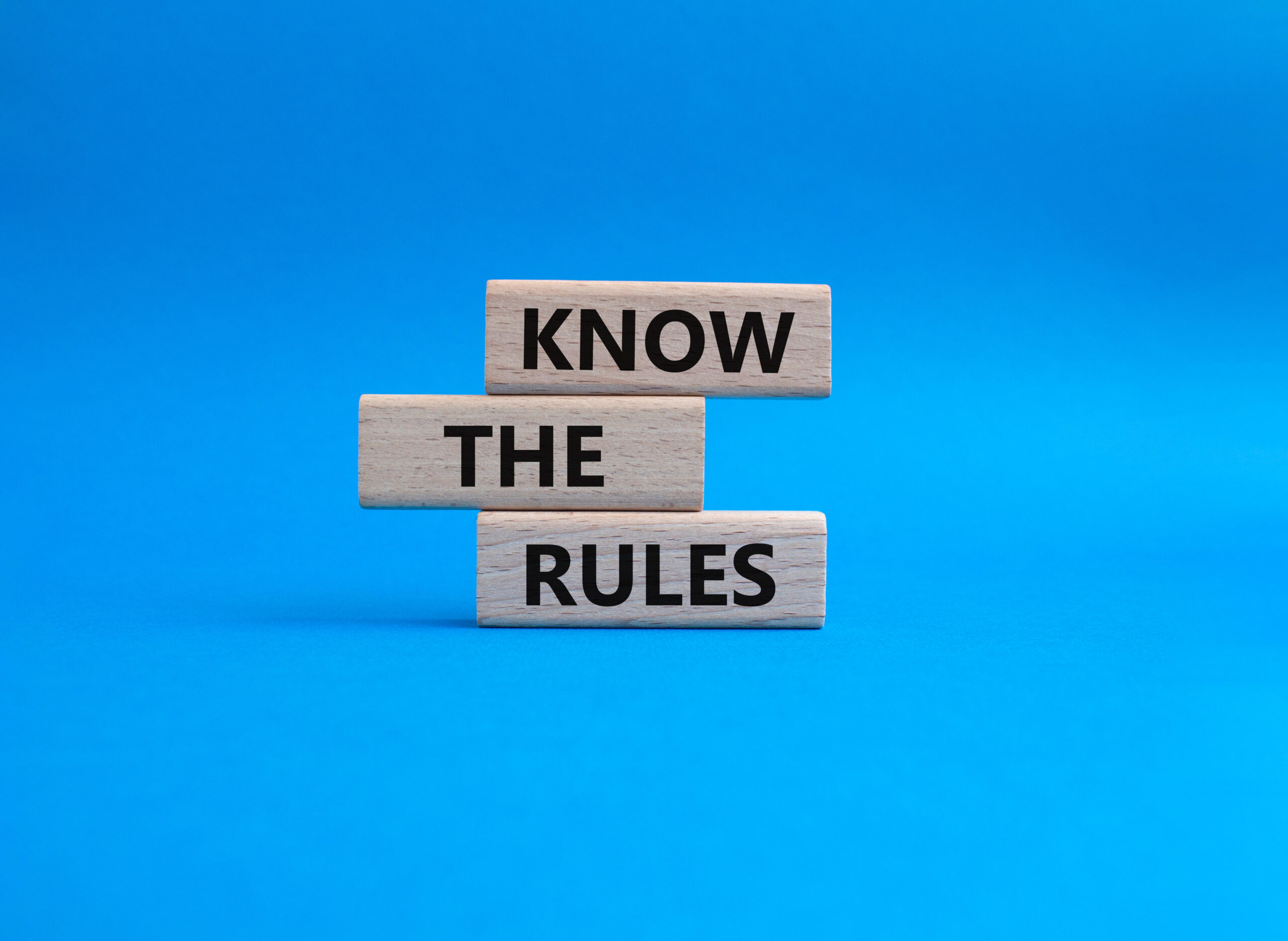No matter which Millennial problem you’re having, these 8 management actions will help you get the results you’re looking for.
In our continuing discussion on blending and meeting the needs of different generations of workers in the workplace – in cleaning companies – we look in this segment on two different perspectives on the ways to motivate Millennial workers. And you might find that it’s less about your workers’ generation and more about the ways your managers engage different types of employees, regardless of generation.
 Terry Carter, CEO of Travertine, has found success growing his luxury brand of body-care products in California, arguably the state with the most employee-friendly laws:
Terry Carter, CEO of Travertine, has found success growing his luxury brand of body-care products in California, arguably the state with the most employee-friendly laws:
“Millennials are motivated to comply with policies and procedures because they want to impress their employer. Millennials know that there is a current stigma that they don’t do thorough work and don’t know how to follow instructions and they are trying to prove this theory wrong. They want to impress their employer and do a good job on projects and assignments. Generation X employers can make the most out of their Millennial employees by making sure that the employee has adequate information and direction to successfully complete their assignment. Employers also need to make sure that their millennial employees feel empowered enough to take initiative and make their own decisions.”
And to demonstrate just how he engages his Millennial employees, Terry invited one of his employees Jennifer to contribute her own perspective as a Millennial employee:
“I am a recent college grad working for Terry. I stay motivated knowing that if I do well on a project the company as a whole is going to benefit from it as well and gain more customers as a result.”
 In contrast, HR consultant Nancy Ahlrichs asserts a very different picture of the Millennial worker:
In contrast, HR consultant Nancy Ahlrichs asserts a very different picture of the Millennial worker:
“In the words of a Millennial I know, her parents never told her ‘No’ or any variation of ‘No.’ Parents tried hard to say yes to all requests. As a result, Millennials can be overly optimistic and not particularly inclined to follow policies and procedures. Millennials are multi-taskers who grew up with groups of friends who did everything together and often worked on collaborative projects in school. It can be difficult for them to make decisions without input from parents or friends because of lack of practice.
Millennials are loyal to their managers, not to a company, and they have no fear of quitting without another job in hand because mom and dad still have their room waiting for them. While Gen Xer managers will leave at 5:00 p.m. to spend time with their families, childless tech savvy Millennials may come in late or want to work from a café, home or other location, not necessarily between 8:00 – 5:00.
Gen Xers’ greatest challenge is to focus on managing their Millennial employees’ outputs and quality of results, not time at a desk, and to provide the face time that is the secret management tool that retains Millennials. It can be a challenge for skeptical Gen Xer managers to provide the level of encouragement and feedback that gives optimistic Millennials confidence and keeps them engaged. Gen Xers can command loyalty by encouraging constant learning, modeling desired behaviors and patiently letting Millennials try new approaches. Wise Gen Xer managers build relationships with their Millennial employees by focusing on areas of commonality such as both generations’ interest in constant learning, project success and community service.

No matter which Millennial description is more “true,” the recommendations for the manager apply regardless of which generation your workers represent.






